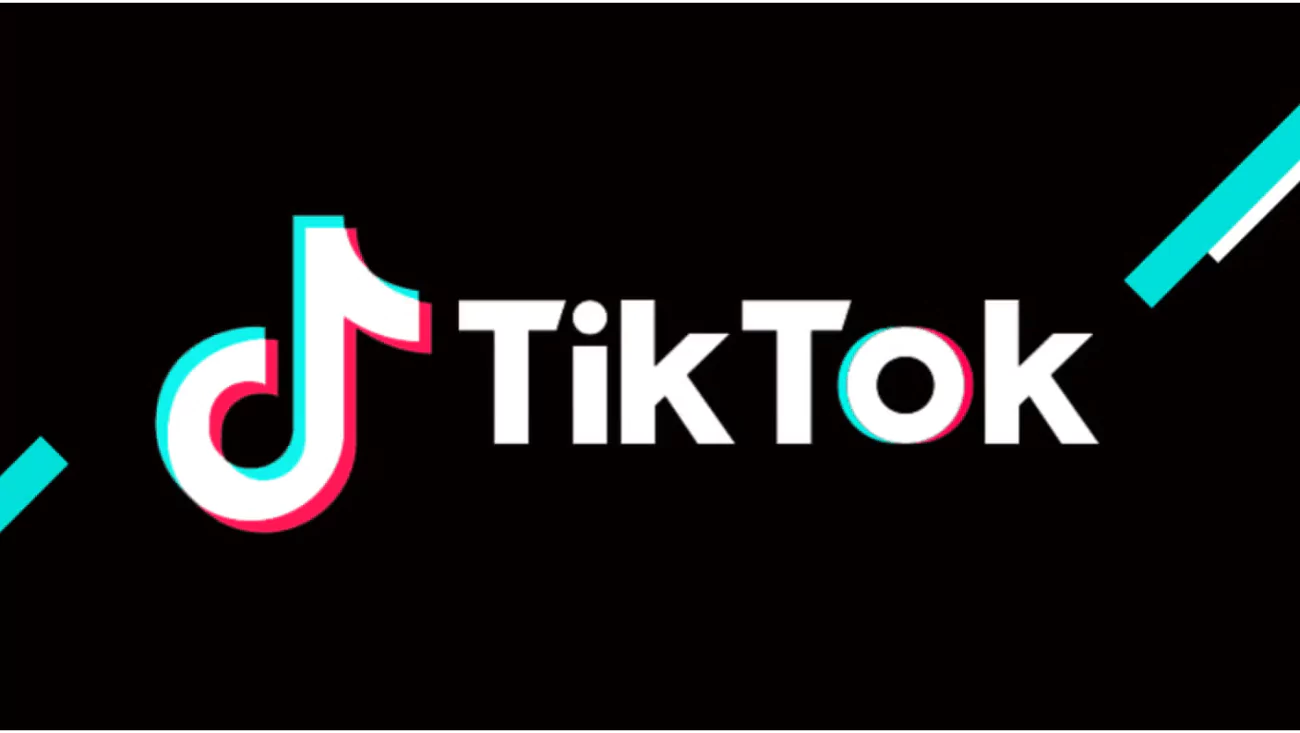May 2, 2025 – TikTok has been hit with a €530 million ($570 million) fine by Ireland’s Data Protection Commission (DPC) for illegally transferring EU user data to China, violating the EU’s General Data Protection Regulation (GDPR). Announced on May 2, the penalty follows a 2021 investigation that exposed significant lapses in TikTok’s data handling practices, marking a critical moment for data privacy enforcement in the tech industry. As regulators tighten oversight of cross-border data flows, this fine underscores the challenges social media platforms face in balancing global operations with strict privacy regulations.
The DPC, TikTok’s lead regulator in the EU due to the company’s European headquarters in Ireland, found that TikTok’s parent company, ByteDance, transferred EU user data to China for analysis without implementing adequate safeguards, breaching GDPR’s stringent requirements for international data transfers. A Bloomberg article revealed that Chinese engineers accessed EU user data for analytical purposes, but TikTok failed to ensure proper security measures or obtain sufficient user consent, violating GDPR Articles 44 to 50 on data protection during cross-border transfers. The €530 million fine—among the largest under GDPR—comes with a formal reprimand and a three-month deadline for TikTok to bring its data practices into compliance, highlighting the EU’s zero-tolerance stance on data protection violations.
This penalty adds to TikTok’s history of GDPR fines, following a €345 million penalty in 2023 for mishandling children’s data. A CNBC article noted that the DPC’s decision reflects growing concerns about ByteDance’s ties to the Chinese government, particularly the potential for EU user data to be accessed by Chinese authorities under China’s national security laws. TikTok has contested the fine, arguing that it has since invested €12 billion in Project Clover—a program to localize EU user data storage in Ireland and Norway—and plans to appeal the decision, claiming the violations predate its current data protection measures. However, the DPC emphasized that past practices still warrant accountability, especially given the scale of TikTok’s user base in the EU.
Technical and Regulatory Breakdown
Here’s an analysis of the fine:
- Fine Amount: €530 million ($570 million), the third-largest GDPR penalty to date.
- Violation Details: Breach of GDPR Articles 44–50 for inadequate safeguards in transferring EU user data to China.
- Investigation Scope: Focused on data practices from 2020–2021, revealing access by Chinese engineers.
- Corrective Actions: TikTok must comply with GDPR within three months, alongside the fine and reprimand.
From a technical perspective, TikTok’s violation centers on its failure to implement GDPR-compliant data transfer mechanisms, such as Standard Contractual Clauses (SCCs) or Binding Corporate Rules (BCRs), which are required to ensure data security when transferred outside the EU. The investigation found that EU user data, including personal identifiers and behavioral analytics, was sent to China for processing without encryption or anonymization sufficient to meet GDPR standards. This exposed users to risks of unauthorized access, particularly given China’s legal framework, which mandates data sharing with the government upon request. For users, this breach means their personal data may have been vulnerable to exploitation, highlighting the importance of robust data protection protocols.
The fine also reflects broader geopolitical tensions surrounding Chinese tech companies operating in the West. It was reported that the DPC’s concerns were amplified by ByteDance’s ownership structure, as Chinese laws could compel the company to share data with authorities, posing a surveillance risk to EU citizens. This aligns with global actions against TikTok—countries like the U.S. and the UK have banned the app on government devices over similar fears. TikTok’s Project Clover aims to mitigate these risks by storing EU data locally, but the DPC’s ruling suggests that such measures must be retroactively applied to address past violations. This case could set a precedent for how regulators handle cross-border data transfers involving jurisdictions with differing privacy standards.
For the tech industry, the €530 million fine signals a growing emphasis on GDPR enforcement, particularly for companies with global operations. The EU’s focus on data sovereignty may push tech firms to adopt more localized data storage solutions, despite the operational costs. It was reported that this ruling could influence other regulators worldwide, potentially leading to stricter oversight of data flows to countries like China. For TikTok, the fine may accelerate its efforts to decentralize data operations, but it also raises questions about the feasibility of maintaining a global platform while complying with fragmented privacy laws. This development could reshape how social media companies approach data management in the future.
TikTok’s €530 million fine for sending user data to China is a stark reminder of the importance of GDPR compliance in today’s interconnected world. It highlights the technical and regulatory challenges tech companies face in protecting user data across borders, especially in regions with conflicting legal frameworks. As TikTok navigates this penalty, users may want to reflect on the privacy practices of the apps they use. How do you view TikTok’s handling of user data, and what steps can tech companies take to rebuild trust? Share your thoughts in the comments—we’re eager to hear your perspective on this evolving issue.







